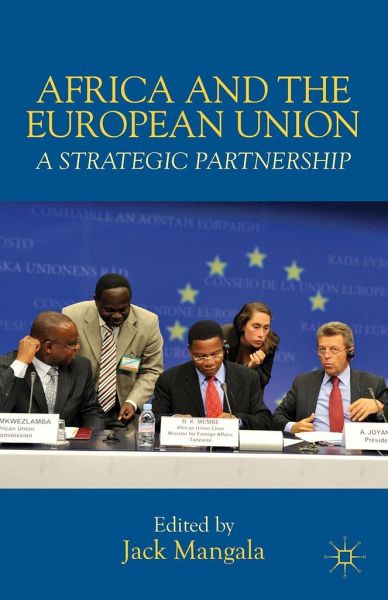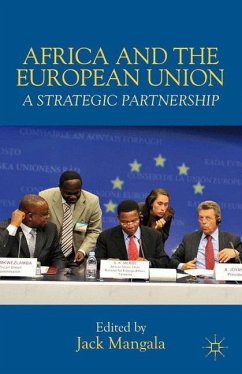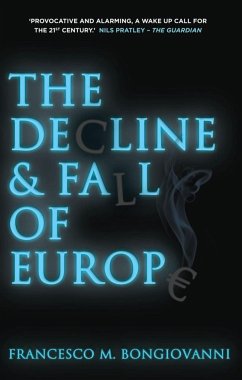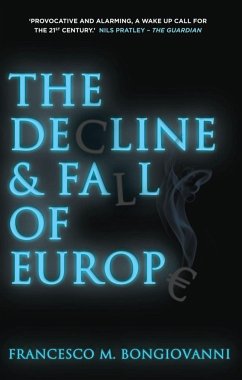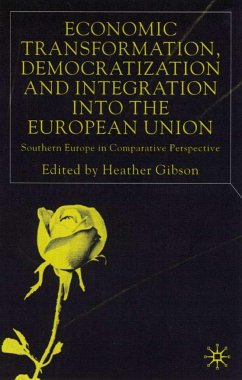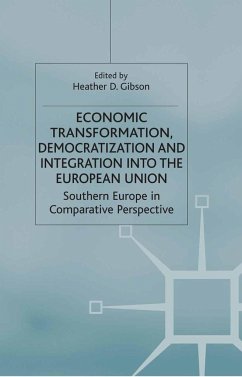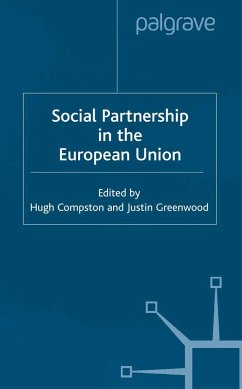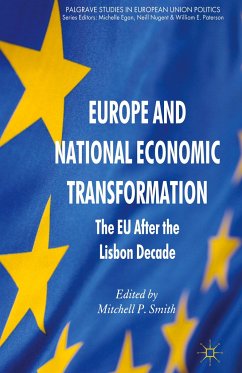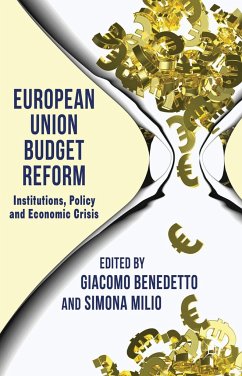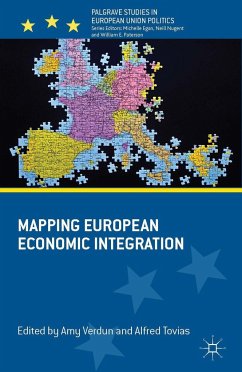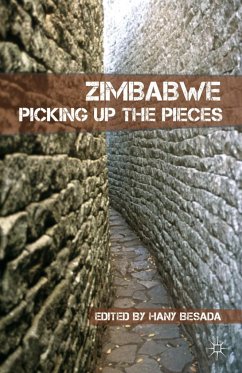'Jack Mangala and the contributors of this book offer a deep and thorough analysis of the evolving relationship between Africa and the EU by addressing two fundamental dynamics. First, the study dissects the ongoing metamorphosis from a 'client-donor relationship into a partnership of equals.' Second, and more importantly, it deciphers the phenomenon of inter-regionalism in contemporary international relations, which is key to understanding the evolution toward a multipolar world.' - Jean-Yves Carlier, Professor and Director of the Center Charles de Visscher for International and European Law, University of Louvain, Belgium
'While the European Union is undergoing the most profound economic and, ultimately, political crisis yet,
Africa, having weathered the global economic downturn, has rebounded so quickly that it is currently experiencing faster growth than any other region or country in the world apart from China and India. All of this makes Africa and the EuropeanUnion an even more invaluable resource to better understand the changing nature of the relationship between African states and peoples with the rest of the world.' - J. Peter Pham, Professor and Director of the Michael S. Ansari Africa Center, Atlantic Council, Washington, DC, USA
'Africa and the European Union provides scholars and policy-makers with a refreshingly sharp window into the politics, policies, and practices informing and coming out of the Joint Africa EU-Strategy adopted in 2007. For those keen on knowing more about the interregional issues between Africa and the EU concerning migration, resources, and much more, this is the necessary book to read.' - Blair Rutherford, Professor and Director of the Institute of African Studies, Carleton University, Ottawa, Canada
'This book is a must-read for all those interested in understanding the premises, promises, and challenges of this modernization project.' - Francis Matambalya, Professor of International Trade and Marketing, and Senior and Lead Researcher on Africa-EU Relations, International Trade, and Regional Integration, The Nordic Africa Institute, Uppsala, Sweden
